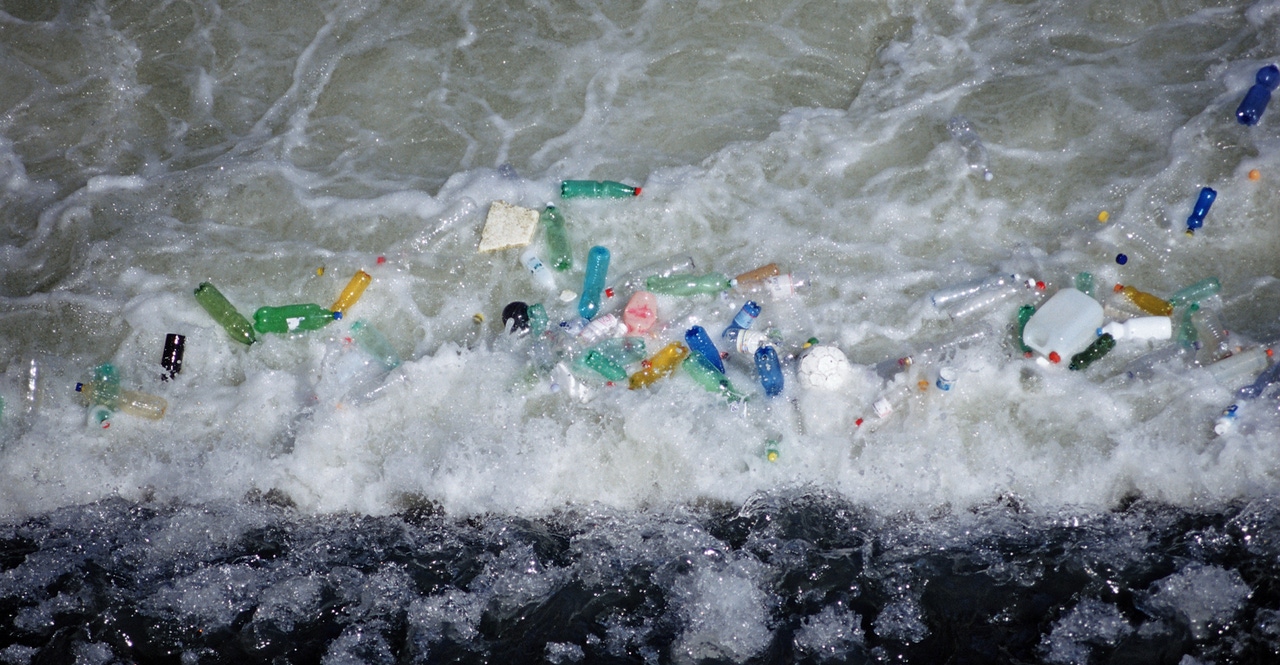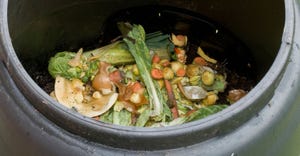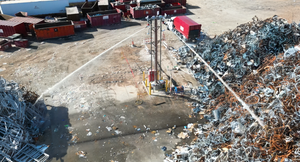How are Petrochemical Companies Doing in Shifting From Virgin Plastic?
The shale gas boom has made virgin plastic, a waste byproduct of oil and gas production, cheap and abundant. Global plastic production could increase by one-third in the next few years if the ongoing trend continues, threatening to undermine efforts around the world to deflate the explosive growth of this often short-lived material, says the Center for International Environmental Law (CIEL).

The shale gas boom has made virgin plastic, a waste byproduct of oil and gas production, cheap and abundant. Global plastic production could increase by one-third in the next few years if the ongoing trend continues, threatening to undermine efforts around the world to deflate the explosive growth of this often short-lived material, says the Center for International Environmental Law (CIEL).
In response, governments are setting aggressive plastic reduction policies and, in some cases, bans; investors, from individuals to larger corporations are divesting from petrochemicals; and multinational collaborations have sprung to curb plastic exports. The industry is responding to public pressure, but few environmentalists are satisfied with their efforts to date. Meanwhile truly stepping up to that pressure will require shifting to a fundamentally different business model, a mammoth undertaking that faces barriers and uncertainties.
Their commitments to act on plastic pollution vary—from contributions to funds to corporate partnerships like the Alliance to End Plastic Waste (AEPW) to promises to switch to recycled polymers.
Jane Patton, campaign manager for Plastics & Petrochemicals, Center for International Environmental Law, hears pledges from corporations, made on their behalf by industry groups, namely the American Chemistry Council and AEPW, mostly around chemical recycling.
"We hear of small pledges to invest in gasification and pyrolysis [chemical recycling processes]. We also hear them talking about commitments to a circular economy in the context of improved collections and waste management.
On the other hand, we see these corporations announcing investments of billions of dollars in new plastic production buildout. So, we can’t accept in good faith they are trying to address the pollution problem,” Patton says.
Planned growth in plastic manufacturing can minimize petrochemical companies’ efforts to curb plastic’s impact, concurs Conrad MacKerron, senior vice president, As You Sow, a nonprofit that advocates for environmental and social corporate responsibility on behalf of companies’ shareholders.
CPChem (jointly owned by Chevron and Phillips 66) set a circular polymer target of 1 billion pounds (roughly 450,000 metric tons) by 2030. But this goal is dwarfed by the nearly 1.6 million metric tons of virgin plastic capacity it is estimated to add from planned new petrochemical projects, MacKerron says.
Similarly, ExxonMobil set an advanced recycling capacity target of 500,000 metric tons by 2026 but will add an estimated nearly 4 million metric tons of virgin plastic capacity through 2025.
And last month (Aug. 2022) Shell completed construction of a plastics production facility near Pittsburgh, PA that reportedly has capacity to produce 1.6 million tons of polyethylene (PE) a year.
AEPW has pledged to spend $1.5 billion over a five-year period on projects focused mainly on improvements to waste management infrastructure in developing countries.
“While a welcome effort, this, too represents a drop in the bucket of funds needed to reduce plastic waste globally,” MacKerron says, pointing to a 2020 Pew Charitable Trusts report, Breaking the Plastic Wave, which estimated a global cost of $600 billion to governments and $8.7 trillion to business to take needed measures to reduce the flow of plastic into oceans 80 percent by 2040.
It’s too early to identify clear U.S. trends in the industry’s transition from virgin to recycled plastic polymers. But getting a handle on current status and where the industry seems to be headed begins with disclosure in MacKerron’s eyes.
“Companies first need to quantify the amount of virgin plastics produced and what percentage goes towards single-use applications. Then, disclose how they are mitigating risk and details about how they plan to lead in the transition to a circular plastics economy,” he says.
The expense to petrochemical companies of this transition is still unknown, with considerations such as costs for feedstock sourcing, collection, and processing. Who will pay what amount remains undetermined.
At the same time, the industry faces potential economic risk of over-investment in virgin plastic production. Moving away from virgin single-use plastics could result in stranded assets and increased cost of now-cheap feedstock.
CPChem makes polyethylene (PE) for applications like food packaging and durable applications like pipe for natural gas and water delivery.
Ron Abbott, sustainability technology manager at CPChem, told Waste360 the corporation expects strong demand for both virgin and circular polymers as the world’s population and the middle class expand.
The company announced the first commercial sales of Marlex Anew PE this year, produced through chemical recycling, and has signed “long-term” agreements for feedstock. Its Cedar Bayou facility in Baytown, TX produces Marlex Anew, the first of its locations to receive ISCC PLUS certification for packaging. Abbott anticipates adding more sites.
Dow ships about 80,000 tons of fossil-derived feedstock to its crackers several times a month. It’s pledged to enable 1 million tons of plastic to be collected, reused, or recycled by 2030. Getting sufficient feedstock to incorporate more recycled content has been a problem as has been finding postconsumer material that works on its existing system, which it says it has poured hundreds of billions of dollars into.
Most recently, Dow invested in a recycling site in Damazan, France that will do both mechanical and advanced recycling, with capacity to process up to 70,000 tons of plastic waste per year. The mega petrochemical company will be the main offtaker.
If recycling will be part of the solution for these corporations, MacKerron believes they should ensure that no materials that can be mechanically recycled are diverted for chemical recycling, referring to the latter as “still unproven and facing well-deserved scrutiny from environmental groups.”
Patton does not see chemical recycling as an answer, period. Her take is that it perpetuates a global economy that relies on single-use plastics since it requires production of virgin material, as recyclate must be mixed with new plastic to retain virgin qualities.
For the petrochemical industry to have meaningful positive impact she says, “It would need to change the feedstocks it takes in, the chemical design of its material, and applications it allows customers to use it for.”
Additionally she says, the chosen strategy should not be solely up to petrochemical companies.
“We as a global society need to come up with a solution, and to stop producing plastics, particularly for single use.”
About the Author
You May Also Like




